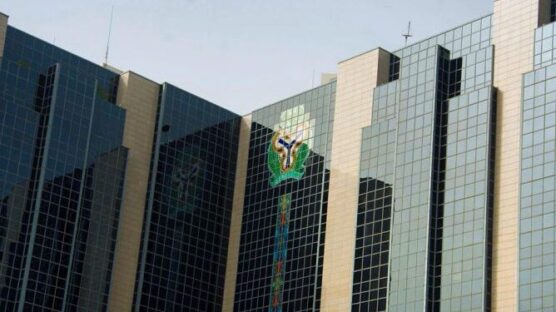Rollercoasters and the Beatles help to boost Disney’s earnings
By France24
12 February 2022 |
4:17 pm
Disney's earnings jumped above pre-pandemic levels in its latest financial results, boosted by the return of visitors to the company's theme parks. The streaming service Disney+ also added almost 12 million subscribers in the last three months of 2021, more than expected, thanks to popular additions including the Beatles documentary "Get Back". Also today, we look ahead to French President Emmanuel Macron's announcements on nuclear power, which is becoming a major issue in April's presidential election.
In this article
Related
3 days ago
Related
11 Apr
Some countries in Europe have begun to ban short-haul flights to cut emissions. Will other countries follow? And — can these bans make a real difference?
3 days ago
Here's what's been making the business headlines in sub-Saharan Africa this week.
13 Apr
Nigeria’s Minister of Finance, Wale Edun says 4.83 trillion naira from T-Bills and Bonds issued in the first quarter of this year was used to pay part of the Ways and Means advances from the Central Bank of Nigeria. Sam Chidoka, CEO of Kairos Capital joins CNBC Africa for more on this discussion and Nigeria's debt management strategy.
2 days ago
A year after Lula came to power, his gamble has paid off: deforestation has been halved in the Amazon. But this success comes at the cost of sacrificing another ecosystem that's just as vital to Brazil: the Cerrado.
2 days ago
Some top Nigerian banks are eyeing the international and local capital markets to raise fresh capital in a bid to meet the recapitalisation exercise by the Central Bank of Nigeria. Egie Akpata, Chairman of Skymark Partners joins CNBC Africa to examine options available to banks.
2 hours ago
According to the International Monetary Fund (IMF), a 10% rise in the dollar on the currency market would push down real gross domestic product (GDP) in emerging economies by 1.9% after one year, with adverse economic effects lasting more than two years
Latest
2 hours ago
Housing is the social issue of the 21st century, German politicians and experts say time and again. And yet there's no improvement in sight, especially in cities, where affordable housing is in short supply.
4 hours ago
As the US government and its allies mull new sanctions on Iran after Tehran's missile and drone attack on Israel, we look at whether existing sanctions have been effective at stemming the flow of Iranian oil to global markets.
4 hours ago
The Venice Biennale, which runs this year from April 20 to November 24, is one of the world's most prestigious international art shows, alongside the documents in the German city of Kassel.
5 hours ago
Indonesia is aiming to reduce its dependence on fossil fuels, with 30 percent of the country's energy slated to come from biodiesel by 2030. But the plan has caused alarm among environmental groups.
5 hours ago
Russian peacekeepers will withdraw from Azerbaijan's Nagorgno-Karabakh region, the Kremlin said on Wednesday.
Kremlin spokesman Dmitry Peskov confirmed the move, responding to a question about reports in the Azerbaijani media about the withdrawal. "Yes, it really is the case," Peskov told reporters.
6 hours ago
The Iranian attack was largely repelled and as such is a "dramatic failure", Barak said. As a result, he believes "there is no need and no will to go into full-scale war" with Iran.
×

Get the latest news delivered straight to your inbox every day of the week. Stay informed with the Guardian’s leading coverage of Nigerian and world news, business, technology and sports.


















0 Comments
We will review and take appropriate action.